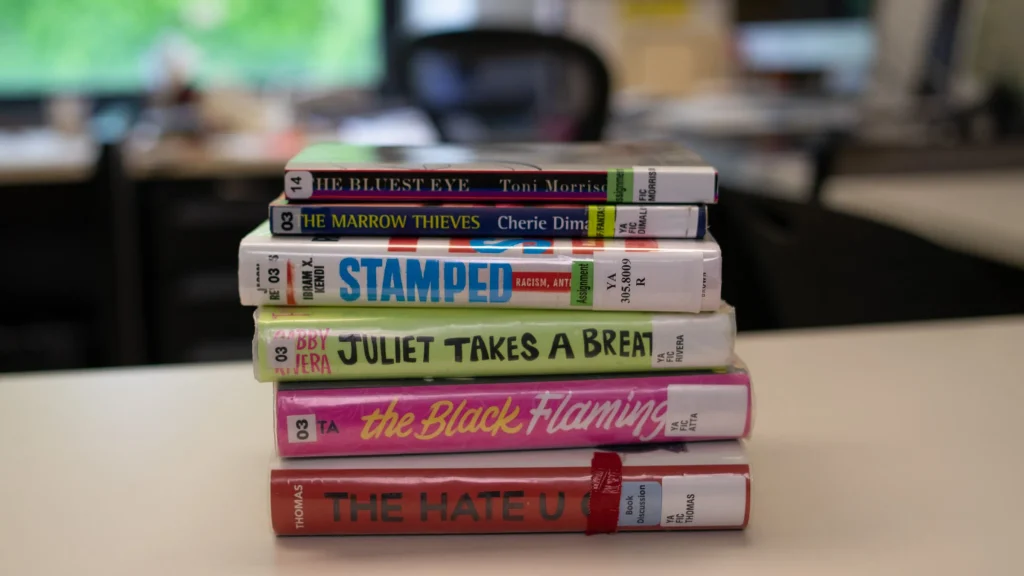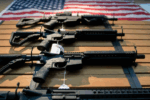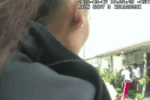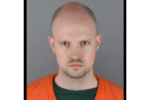In a move that has sparked widespread debate, the South Carolina Board of Education voted Tuesday to ban four books from all state schools. This decision affects the availability of “Perks of Being a Wallflower” by Stephen Chbosky, “All Boys Aren’t Blue” by George M. Johnson, “Flamer” by Mike Curato, and “Push” by Sapphire in school libraries across the state. The ban is the latest in a series of actions that have left many teachers, students, and parents feeling censored and worried about the future of literature and free speech in education.
A Controversial Decision
The decision to ban these books has shocked many in the community. All four titles fall under young adult literature and contain themes of sexual content or LGBTQ+ topics. Supporters of the ban argue that these books are not age or developmentally appropriate for all students. The South Carolina Department of Education released a statement saying the ban “provides certainty for educators, respects families, and protects students from materials that are not age or developmentally appropriate.”
However, opponents of the ban see this move as an infringement on free speech and an act of censorship. Many teachers and librarians feel that removing books from school libraries limits students’ access to diverse perspectives and important cultural narratives. They argue that literature, even when it deals with sensitive subjects, plays a vital role in education by exposing students to different ideas and experiences.
The Process Behind Book Bans
The ban on these four books is not an isolated incident. Over the past few years, the Board of Education has reviewed 18 different titles, resulting in a total of 11 bans. This process is governed by Regulation 43-170, prepared by the South Carolina Department of Education in 2024. According to the regulation, all book bans begin with a complaint from parents, which is then reviewed by school district leaders. The school leaders have 90 days to decide whether to ban or keep the book. If a parent disagrees with the decision, they can submit an appeal. The appeal is then taken before the Board of Education, which has the final authority to ban the book from all state schools.
This structured process is meant to ensure transparency and fairness. However, critics argue that the criteria for banning a book are too strict. They claim that even a single mention of body parts, sexual acts, or nudity could trigger a ban, regardless of the context in which the content is presented.
Voices from the Community
The decision has left many in the community deeply divided. High school senior Sydney Wottle from Fort Mill expressed her frustration at the loss of access to these books. “I just wouldn’t want any books to get banned,” Wottle said. “I think they’re informational. Students deserve some degree of input when it comes to the banning of books from schools.” Her comments highlight a growing sentiment among young people who feel that their voices are being ignored in decisions that affect their education and cultural experience.
On the other hand, some community members support the ban. Josephine Austrie, a Fort Mill grandparent, believes that certain content is too mature for younger readers and should be discussed at home. “That’s something to be taught at home if your parents want to discuss that with you. But I don’t think that that’s appropriate for school,” Austrie said.
The debate over the bans has also drawn attention from educators and librarians. Many feel that the current policy creates a chilling effect on academic freedom and limits the resources available to students. “Our librarians are under a lot of stress because they are being attacked for simply doing their job,” said Sherry East, the President of the South Carolina Education Association. East added that she is aware of at least one parent in the lower part of the state who is now campaigning for 93 different books to be banned. “It’s definitely on its way to that,” she stated, fearing that more restrictive measures are forthcoming.
Balancing Protection and Free Speech
Proponents of the ban insist that the process does not restrict free speech or discriminate against an author’s viewpoint. The official statement from the South Carolina Department of Education emphasizes that the regulation is designed to ensure that instructional materials are appropriate for the age and developmental level of students. They argue that the regulation provides certainty for educators and respects the wishes of families who may have concerns about what their children are exposed to in school.
Yet, many critics see it differently. They argue that banning books sends a message that certain ideas are not welcome in our schools. With titles like “Perks of Being a Wallflower” already popular among young adults and even adapted into a movie, many worry that these bans are a form of censorship that will limit students’ exposure to diverse perspectives. “Books are a gateway to understanding the world,” said one teacher from Lexington. “Banning them is not about protecting children, but rather about controlling the narrative.”
The Historical Context of Book Bans
This is not the first time that controversial books have been challenged in Kentucky schools. Over the years, several titles have been at the center of debates about what is appropriate for young readers. The current bans, however, represent one of the most extensive efforts by the Board of Education in recent history. With 11 bans out of 18 reviewed books, the policy is having a noticeable impact on the available literature in school libraries.
Historically, book bans have often reflected broader cultural and political tensions. In many cases, these bans are part of a larger struggle over values and identity. Critics argue that banning books does not protect children from inappropriate content but rather restricts their ability to engage with challenging and important ideas. They contend that it is better for parents, rather than schools, to decide which books their children should read.
The Role of Parents and Community in Book Selection
The process for banning books in South Carolina begins with complaints from parents, suggesting that family input plays a key role in determining what is acceptable in schools. However, many teachers and students feel that the process leaves little room for their voices. They argue that students, who are the primary consumers of these materials, should have some say in what they read. This sentiment is echoed by educators who believe that a diverse and challenging curriculum is essential for intellectual growth.
Community members are increasingly calling for a balanced approach that respects parental concerns while also preserving the educational value of literature. Some advocate for increased dialogue between parents, teachers, and administrators, so that decisions about school materials reflect a broader range of opinions and interests.
Future Implications and Ongoing Debate
The recent vote to ban four books is likely to be only the beginning of a long and contentious debate over educational content in South Carolina. With more than 18 books already reviewed and a total of 11 bans in place, many fear that the trend could continue, leading to further restrictions on what students can access in their school libraries.
This ongoing debate raises important questions about the role of education in society. Should schools be the gatekeepers of knowledge, or should they provide a broad range of perspectives, even if some of those ideas are controversial? How can we balance the need to protect young minds with the importance of exposing them to diverse and sometimes challenging viewpoints?
Supporters of the bans argue that they are necessary to ensure that materials in schools are appropriate for the age and developmental levels of students. They believe that certain topics, particularly those involving explicit sexual or LGBTQ+ content, should be reserved for discussions at home, where parents can provide context and guidance.
Opponents, however, see these measures as a form of censorship that undermines intellectual freedom. They argue that the banning of books restricts the flow of ideas and prevents students from encountering literature that might broaden their understanding of the world. For many, the debate over book bans is not just about individual titles—it is about the kind of education we want our children to receive and the values we want to instill in them.
Conclusion
The decision by the South Carolina Board of Education to ban four books from all state schools is a landmark moment in the ongoing debate over educational content and censorship. While supporters claim that the bans are necessary to protect young minds from inappropriate material, critics argue that they limit students’ access to diverse perspectives and stifle intellectual growth.
The issue touches on broader questions about free speech, parental rights, and the role of education in a democratic society. With 11 bans already in place from a review of 18 books, it is clear that this debate is far from over. Teachers, students, parents, and community leaders all have a stake in the outcome, and the conversation is likely to continue as the state navigates the complex landscape of educational policy.
For those who believe in the importance of intellectual freedom and a diverse curriculum, the bans represent a concerning step backward. For others, it is a necessary measure to ensure that educational materials are appropriate for young learners. Whatever your perspective, it is crucial to stay informed, participate in community discussions, and advocate for policies that reflect the values of openness, inclusivity, and academic freedom.
As this debate unfolds, it remains essential for all stakeholders to engage in thoughtful dialogue and work together to find a balanced approach that protects both the rights of families and the educational needs of students. The future of our schools, and indeed the future of our society, depends on our ability to navigate these challenges with care and consideration.
Disclaimer – Our editorial team has thoroughly fact-checked this article to ensure its accuracy and eliminate any potential misinformation. We are dedicated to upholding the highest standards of integrity in our content.





More Stories
How South Carolina’s Book Ban Reflects the Ongoing Debate Over Censorship in Schools
How South Carolina’s Book Ban Reflects the Ongoing Debate Over Censorship in Schools
How South Carolina’s Book Ban Reflects the Ongoing Debate Over Censorship in Schools